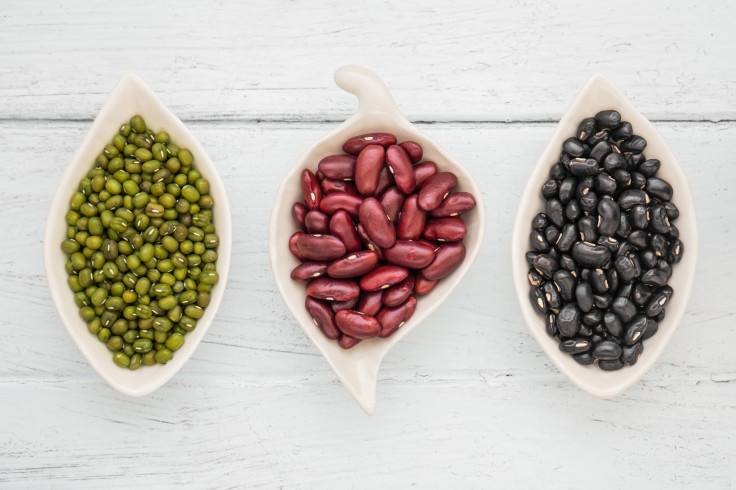Folic Acid And Vitamin B Lower Stroke Risk: Natural Foods For High Blood Pressure Diet

Food is medicine, and the Chinese may understand the saying best with their long history of medicinal remedies to cure a wide variety of ailments. Now they’ve figured out what vitamin can lower the risk of stroke. Researchers from Perking First Hospital in Beijing studied patients with high blood pressure and found vitamin B had the power to lower their stroke risk. Their findings, published in the Journal of the American Medical Association, outline healthy foods that were rich in vitamin B and able to naturally protect the inner walls of a person’s arteries.
For four and a half years, the research team followed more than 20,000 adults with high blood pressure but no history of stroke. Half of the participants took a folic acid supplement, such as vitamin B along with enalapril, a medication designed to lower blood pressure, while the other group of participants only took enalapril without the folic acid. Those who took the folic acid supplement were less likely to have a stroke than those who didn’t take any.
Folate is found naturally in an array of foods but is found in high dosages from leafy vegetables, grains, pastas, lentils, beans, asparagus, spinach, broccoli, peas, and citrus fruits, according to a recent food source review published by the Dieticians of Canada. Folate-fortified foods are important for certain groups who aren’t exposed to enough folate, such as those on gluten-free diets and Americans in the southwest of the country who frequently use corn flour instead of grain products.
High blood pressure, also known as hypertension, affects 80 million U.S. adults, according to the American Heart Association. The frightening part is the disease can develop without any symptoms, but can have life-threatening consequences if not treated in time. Over time, the force of the blood flow continues to push too high against the artery walls. The tissue that makes up those walls become too stretched and that’s when damage occurs.
“Fruits and vegetables are important sources of folate in the diet, and they also bring lots of other benefits, such as potassium and phytonutrients, that also help lower cardiovascular disease,” said Dr. Walter Willett, professor of epidemiology and nutrition from Harvard T.H. Chan School of Public Health, who co-authored an editorial about the new study. “It still makes sense for most people to take a multivitamin, multimineral supplement every day,”
Previous studies were performed on patients who had a heart attack or stroke in the past and were placed on medications to prevent a future event from occurring. This study shows the preventive effects of taking folic acid before serious damage to the artery walls occurs from blood pressure. Fortunately, the average American adult consumes between 100 to 150 micrograms of folic acid a day from fortified grain products. Even though they should be eating about 400 mcg a day, it’s still hopeful to know they’re receiving a certain level of protection from their diets. The study’s findings should serve as encouragement to incorporate vitamin B supplements or a diet with folic acid-rich foods to help give them a natural extra boost, especially for the millions who have high blood pressure.
Source: Huo Y, Li J, Qin X, Yuang Y, Wang X, Gottesman R, et al. Efficacy of Folic Acid Therapy in Primary Prevention of Stroke Among Adults With Hypertension in Chin. JAMA. 2015.
Published by Medicaldaily.com



























